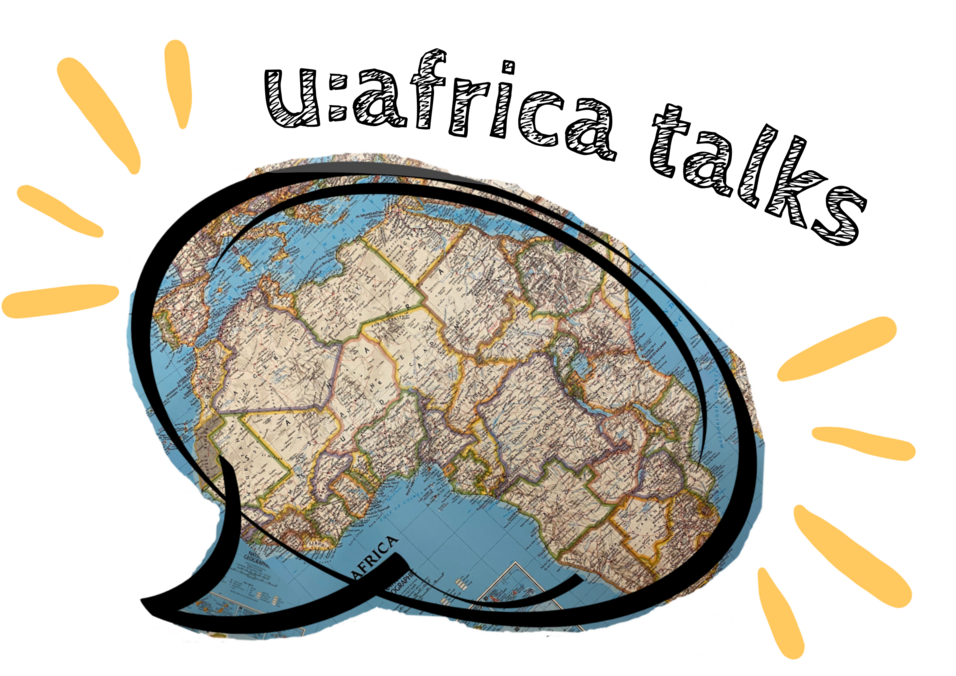Tuesday, 19th November 2024, 5:15 pm
Department of African Studies - Seminar room 1
University Campus, court 5.1., Spitalgasse 2, 1090 Vienna
This study explores the use of language in Ghanaian politics as a tool for both persuasion and deception. Drawing from the historical significance of political rhetoric in shaping public opinion, the research focuses on how politicians in Ghana strategically craft their discourse to sway voters. In a democracy known for its vibrant political landscape, language plays a critical role in parliamentary debates, campaign rallies, and media interactions. Politicians use carefully chosen words to inspire hope and unite the populace and manipulate and mislead. The study analyzes key campaign speeches by two prominent political figures— of the National Democratic Congress (NDC) and the New Patriotic Party (NPP)—to assess the interplay of persuasion and deception in their rhetoric. The research applies Critical Discourse Analysis, Political Discourse Analysis, and Information Manipulation Theory to examine how these political actors use language to gain support or discredit their opponents. The findings suggest that political language in Ghana, as in many other countries, operates as a double-edged sword, capable of mobilizing the electorate and obscuring truth, leaving voters to navigate a complex field of promises and contradictions.
Alexander Angsongna is a Postdoctoral University Assistant at the Department of African Studies, University of Vienna.
Chair: Adams Bodomo

